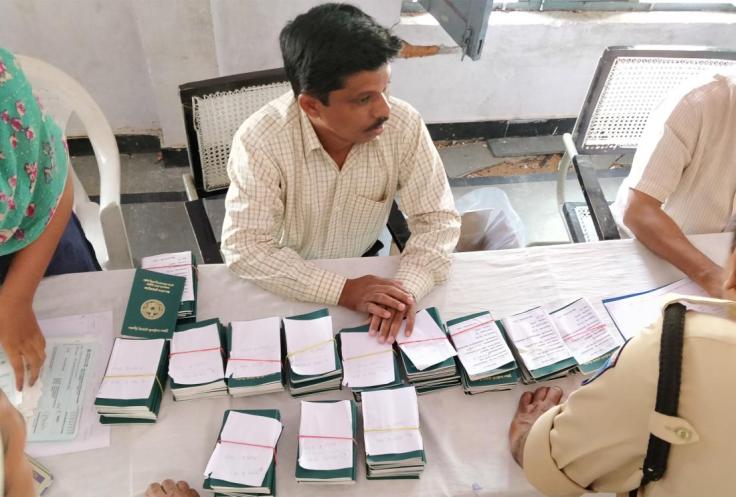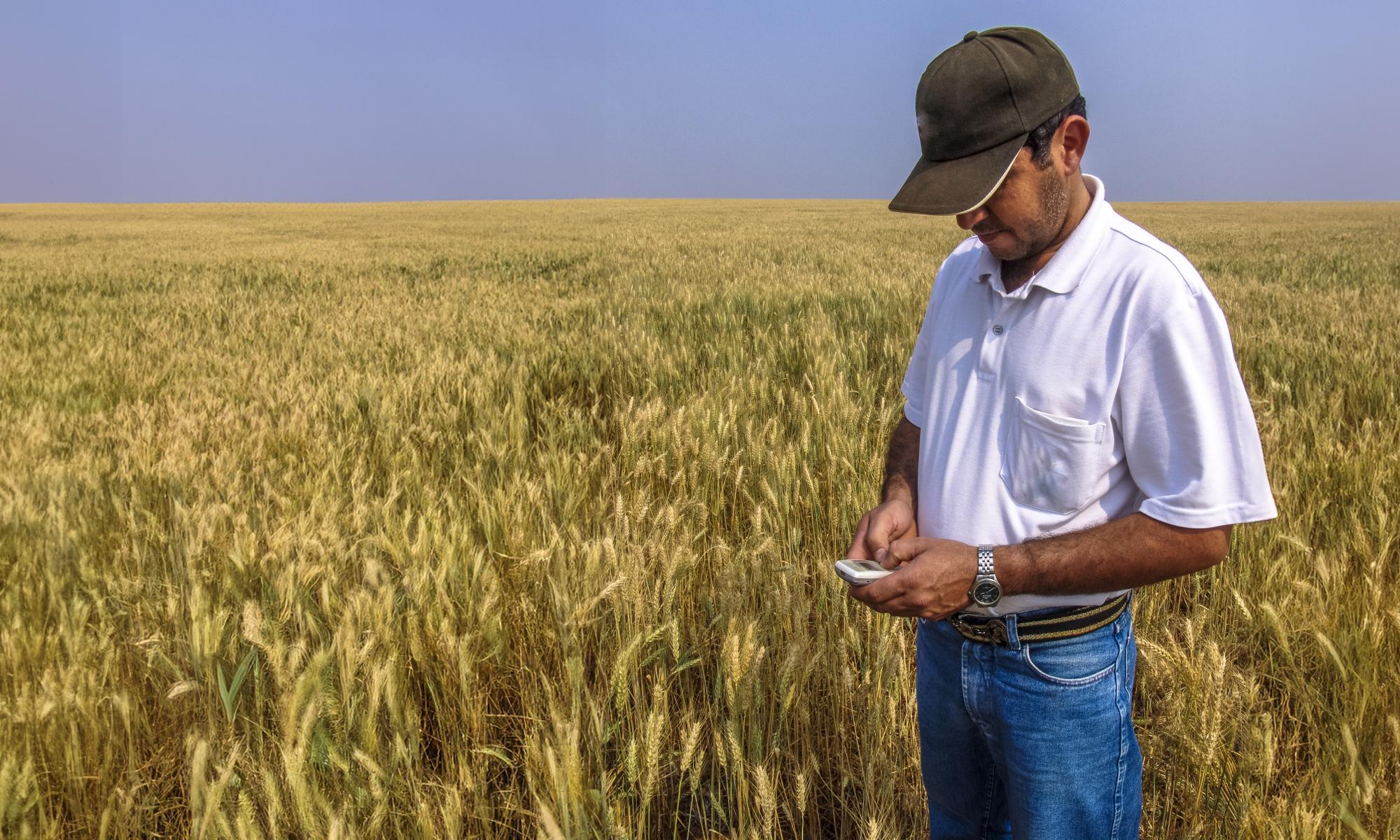
Phone-based monitoring is a cheap, accessible way to ensure government service providers are doing their jobs well.

Technologies like cell phones and digital apps can help governments monitor the performance of frontline workers who deliver essential public services. Better monitoring can lead employees to show up to work more often and perform better on the job.
Collecting feedback from beneficiaries via phone calls can also help ensure frontline workers deliver services. Asking service recipients to assess government performance can motivate employees to increase their effort and improve the quality of services.
Low levels of effort and absenteeism among government workers can lead to poor public service delivery, preventing people from accessing essential health and education services. For example, across ten countries in Africa, 30 percent of all health care workers were absent during surveys collected throughout the last fifteen years. In 2014, nearly a quarter of all public school teachers across rural India were absent during unannounced school visits.
Cell phone-based monitoring of frontline workers helps improve service delivery and is a cheap and easy way for governments to track performance. Monitoring makes effort visible and makes it possible to use performance-based penalties or rewards. Building monitoring systems can be prohibitively costly, but a growing body of evidence suggests that cell phones can enhance monitoring at low cost, and these solutions show promise for adoption at scale.
Apps and GPS-enabled phones offer accurate information about the performance of government service providers. In Paraguay, GPS-enabled phones enabled supervisors to monitor agricultural extension workers by observing how much time they spent in the field and viewing their self-reported activities with farmers. This improved productivity, leading workers to visit more farmers without reducing time spent with each farmer. In Pakistan, a smartphone app that transmitted geotagged and time-stamped data on health worker attendance reduced absenteeism. A digital app in India helped officials quickly identify and address sources of wage payment delays from a national work program, speeding up payments to workers. These kinds of digital innovations can give supervisors better oversight and help ensure frontline workers deliver public services effectively.
Phone calls are a low-cost way to gather feedback directly from program recipients and check in on frontline workers. In the Indian state of Telangana, the government hired a call center to reach farmers and find out whether or not they had received funds from a government subsidy program. The local officials responsible for disbursing the funds were told that their performance would be measured based on the information collected in the calls. This improved the chances that farmers received payments on time. Because call centers are cheap and readily available, the monitoring was also cost-effective. This phone-monitoring system has since expanded to other states in India.
Cost and design considerations
Using call centers to confirm whether people received government services is a low-cost way to increase coverage. For every extra dollar that reached farmers through the government program in Telangana, it cost just US $0.36 cents to hire call center vendors to help make it happen. Making sure that benefits arrived on time cost less than one cent per dollar. A phone-based system can be a cheap and efficient way to help more people get the benefits they are entitled to in a timely way.
Phone-based monitoring alone does not guarantee improved service delivery. Local contexts and political dynamics can make monitoring less effective. In Pakistan, for example, while the app-based monitoring intervention led to reduced doctor absenteeism, the effect was strongest in areas where there was less political pressure for health officials to shield doctors from accountability. The impact of a similar program in Karnataka, India was also limited, because it was challenging for the government to enforce penalties. When designing reforms to improve civil servant performance, political will is important, and complementary policies like performance-based pay incentives or performance-based location postings may help.
Phone-based monitoring alone does not guarantee improved service delivery.
The role of LMIC government
To understand the impact of innovations to improve service delivery, governments have partnered with researchers and scaled reforms that were found to be effective. Researchers have worked with regional and local governments in India, Pakistan, and Paraguay to implement at-scale tests of phone-based performance measurement, finding the program both effective at service delivery and cost-effective. Government partners include the following (listed in alphabetical order); this list is not exhaustive.

Discover more from J-PAL
Discover more from other sources
Photos:
(1) Alf Ribeiro, Shutterstock.com
(2) An officer conducting document verification for check distribution. Credit: Surya Banda, J-PAL



